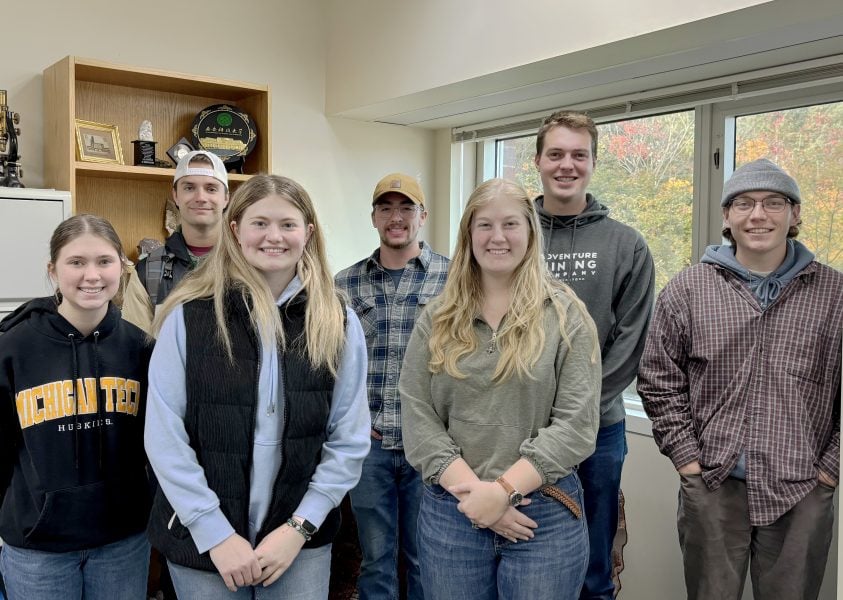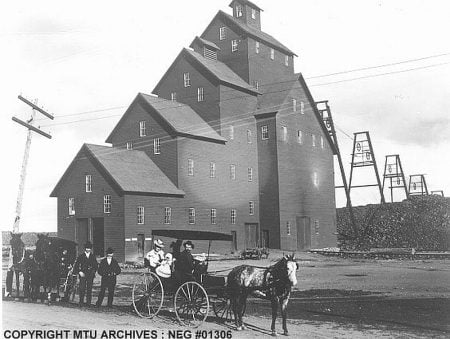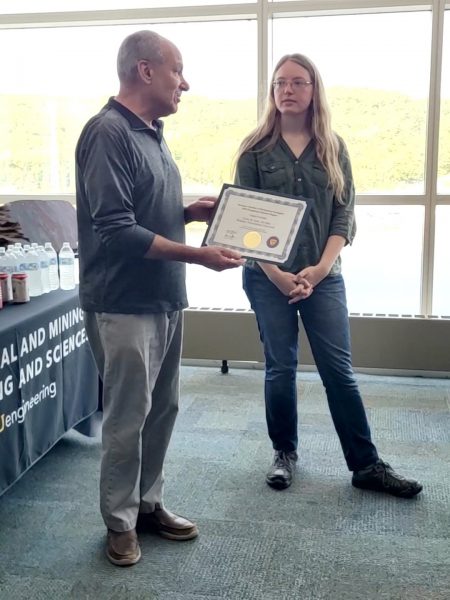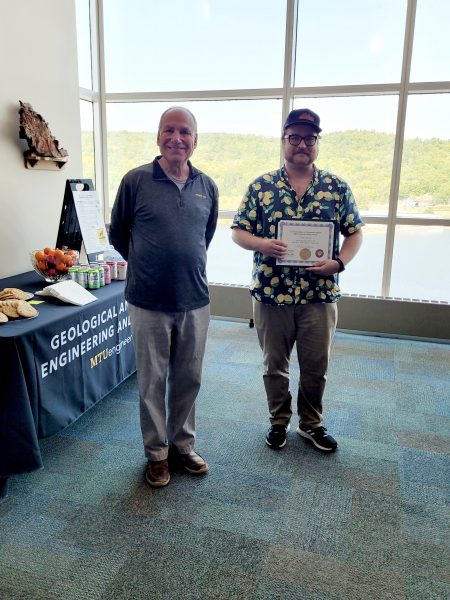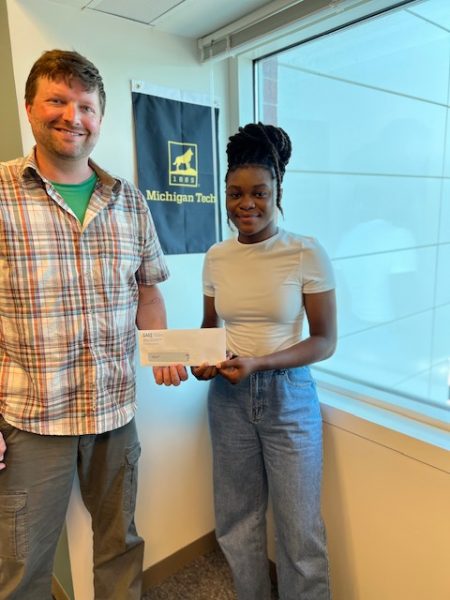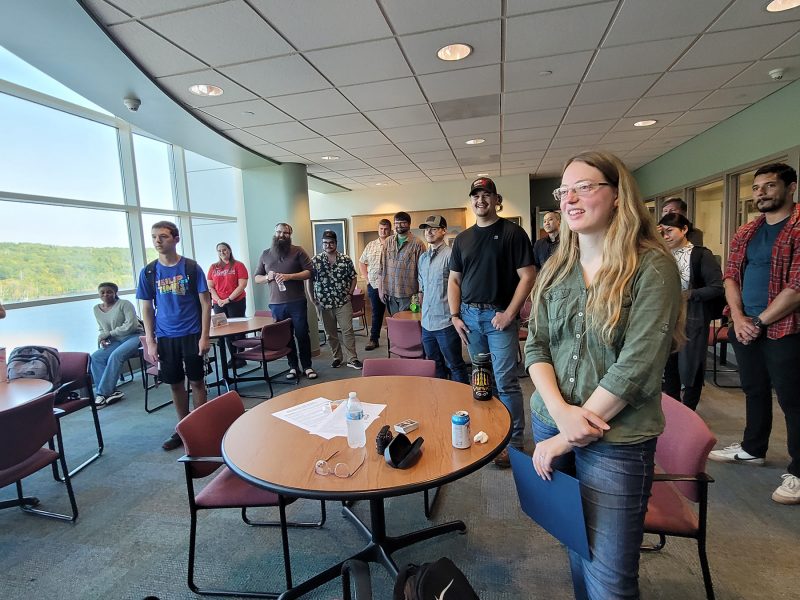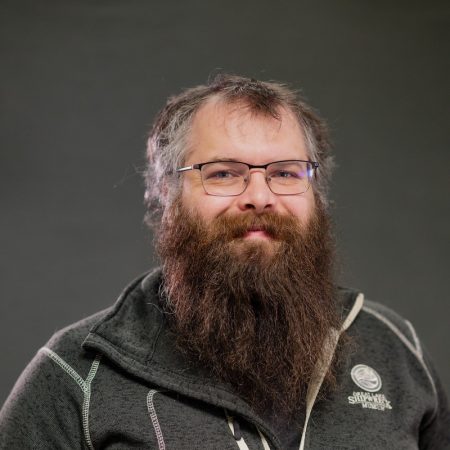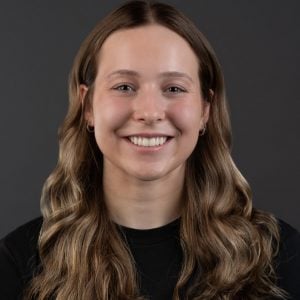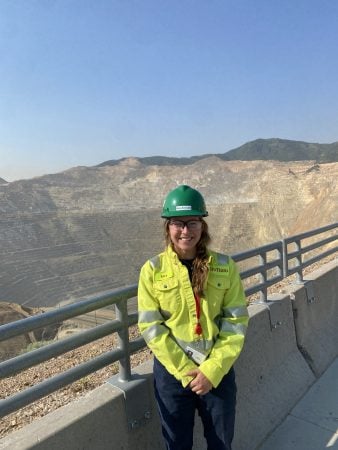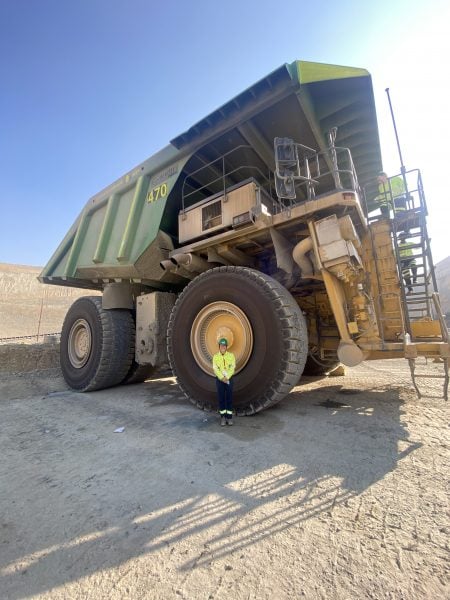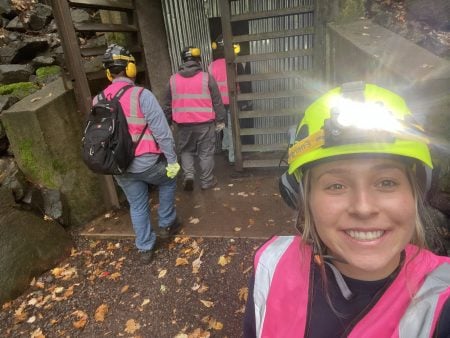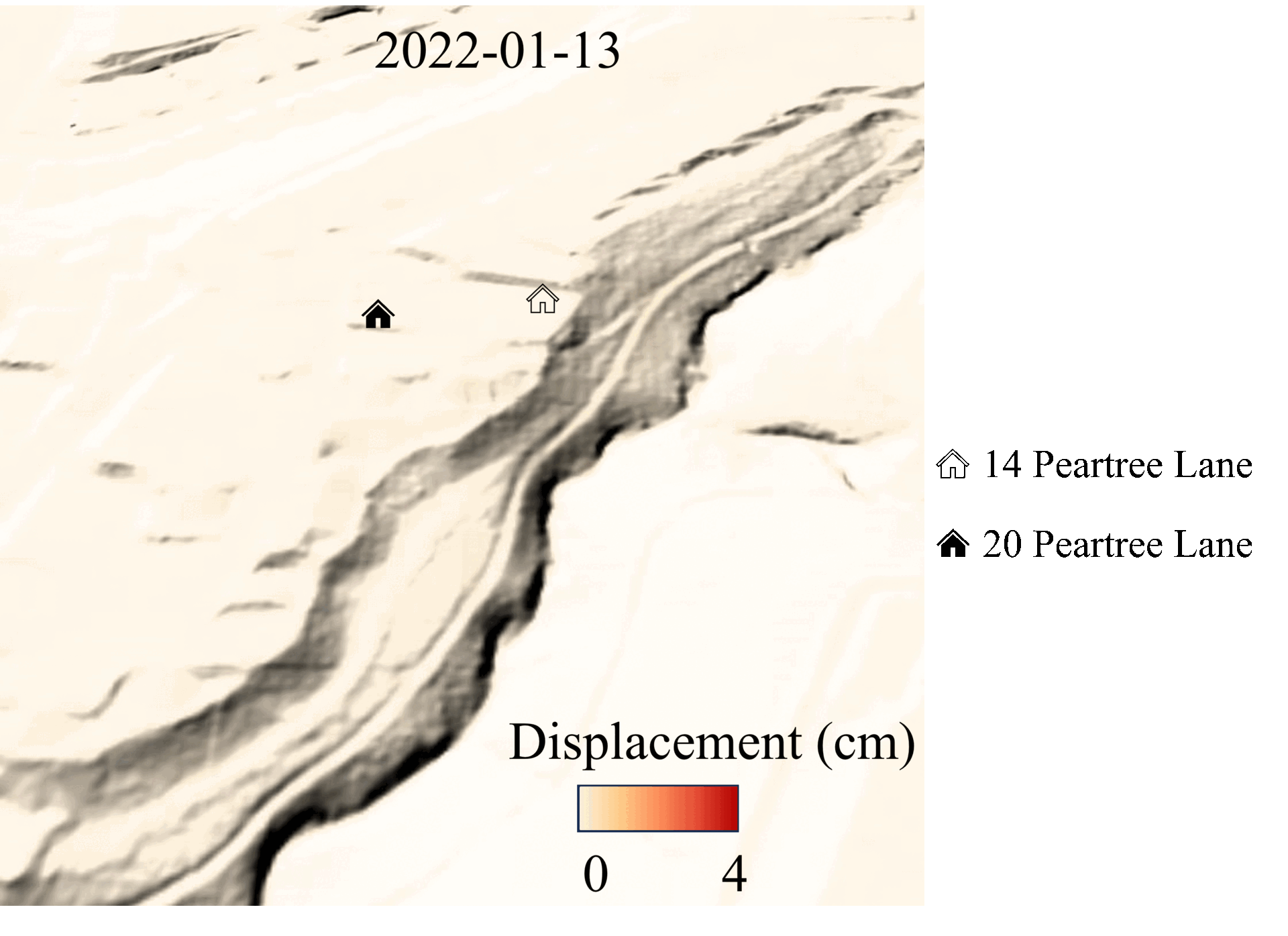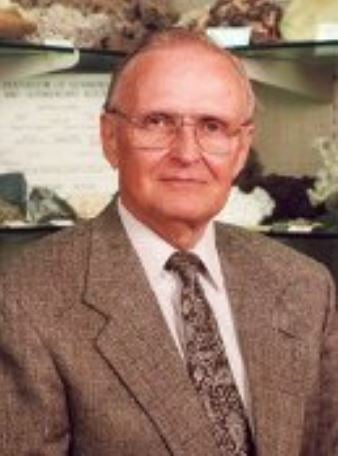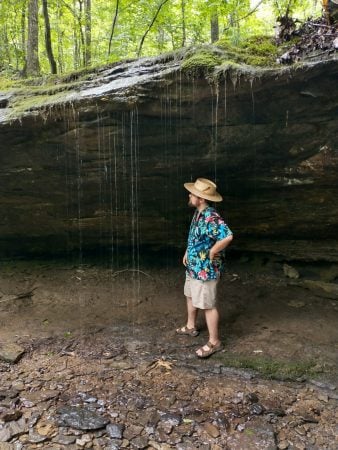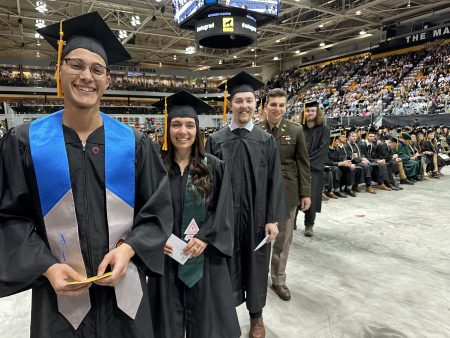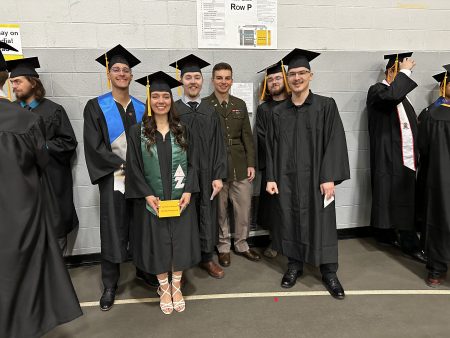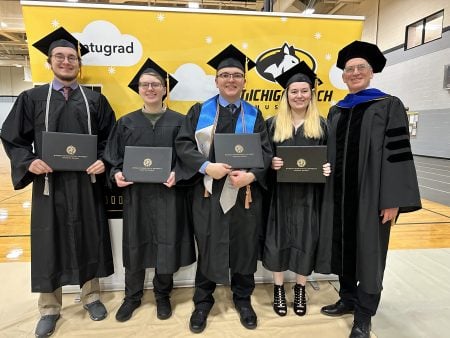Michigan Tech’s legacy resonates deeply across generations for some families, and the Walter Wickstrom ’37 family is a perfect example.
Although none of Walter’s three children—Betty Wickstrom Kendrick, Jean Wickstrom Liles, and Phil Wickstrom—are Michigan Tech alums or live nearby, each has established scholarships in memory of their father. They credit Michigan Tech with laying the foundation for their family’s success. In 2021, Betty created the Walter William Wickstrom Memorial Annual Scholarship to support the Department of Geological and Mining Engineering and Sciences students.
“My father attended Michigan Tech during the Depression. I established this scholarship in his name because I want to brighten the day for current students,” says Betty Wickstrom Kendrick. She treasures the thank-you letters she receives and is continually impressed by the students’ stories, learning how the scholarships have made a tangible difference. To date, she has impacted the lives of twenty-eight undergraduate students directly.
One of the recipients shared how even a small scholarship can make a meaningful impact: “Receiving the Wickstrom Scholarship helped ease the financial pressure and allowed me to cover some of my essential expenses, like textbooks and lab fees. It’s made a noticeable difference and reminded me that there are people who believe in my potential and want to help me succeed.”
The Wickstrom family’s generosity continues to make a lasting impact, providing opportunities for future generations of GMES students to thrive and succeed, just as Walter Wickstrom did many years ago.
Pictured L to R: Avery Spalding, a junior in geology from Midland, Michigan.
Zeke Martin is a junior in geology from Alanson, Michigan.
Carlee Erhardt is a junior in mining engineering from Mt Pleasant, Michigan.
Luke Mariuzza is a senior in geological engineering from Ishpeming, Michigan.
Stephanie Wiegand is a senior in geological engineering with a minor in mining from Caspian, Michigan.
Jacob Ojala is a geological engineering junior from Hancock, Michigan, with a minor in aerospace.
Lucas Maxon is a mining engineering junior with a minor in mineral processing from Iron Mountain, Michigan.
Not pictured: Anton Smirnov, a senior in geology from Houghton, Michigan
